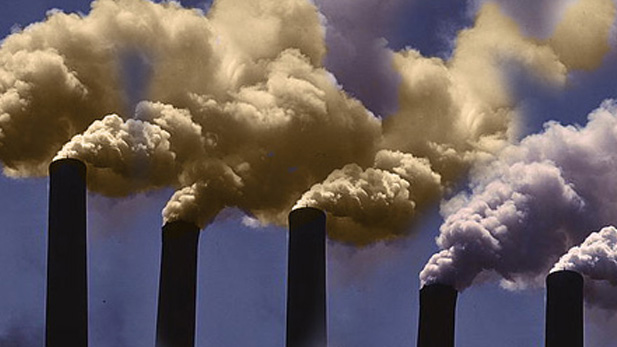
Listen:
Both production and recycling of toxic chemicals have grown in recent years across the United States, according to the U.S. Environmental Protection Agency's annual Toxic Release Inventory report.
Arizona, however, has seen both rates fall.
Nationally in 2014, the most recent year for which data are available, producers recycled nearly 37 percent of the chemicals that the EPA monitors.
In Arizona, the recycling rate was 28 percent, down from 35 percent in 2013.
The vast majority of toxic substances in the state are disposed of in landfills or underground wells, the EPA said.
Four of the top five producers of toxic chemicals in Arizona are mines. The Springerville Generating Station is the lone energy plant in that list.
The EPA tracks 594 chemicals that harm human health or damage the environment.
(To read about what is produced in Arizona, click here.)[http://iaspub.epa.gov/triexplorer/tri_factsheet.factsheet_forstate?pstate=AZ&pyear=2014&pParent=TRI&pDataSet=TRIQ1]

By submitting your comments, you hereby give AZPM the right to post your comments and potentially use them in any other form of media operated by this institution.